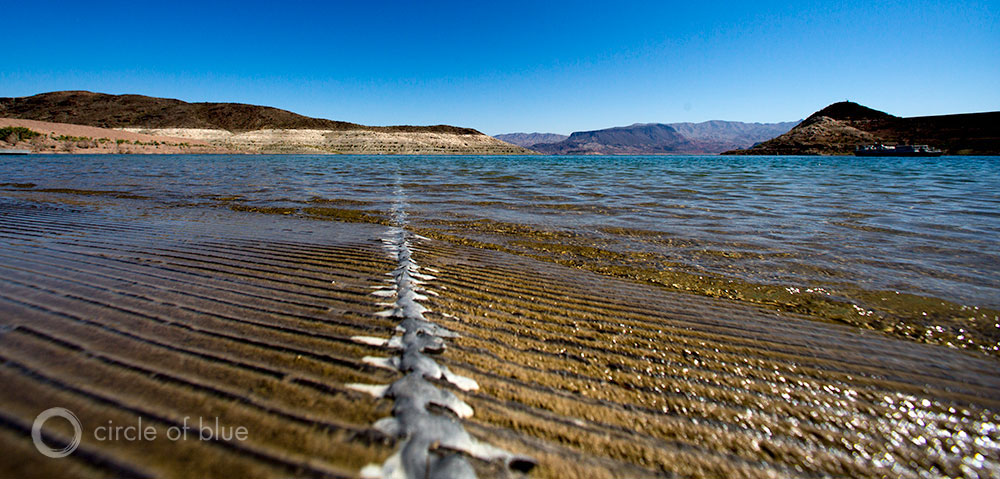The Stream, September 5: Floods in India
Floods caused by monsoon rains have affected millions of people in northern and eastern India, forcing many out of their homes as swollen rivers wash away roads and hinder the rescue work, Reuters reported, citing government and aid officials.
The Rio+20 global development summit co-ordinator is looking to make agriculture the highlight of the event in an attempt to focus minds and boost progress on other development goals, the Guardian reported.
As the European Union banned oil imports from Syria late last week, a Middle East expert told EUobserver that water might be more effective than oil in stopping Syria’s authoritarian government.
The water volumes in China’s major reservoirs are down 14.9 percent compared to the same time last year, marking the fifth consecutive year-on-year decline in a monthly snapshot, Reuters reported, citing data from China’s Ministry of Water Resources. Meanwhile, the hydropower output potential for the two main rivers flowing through China’s southwestern provinces is 85 percent less than in 2010.
A recent study by the Pacific Institute argues that “most trans-boundary water agreements” around the world are “based on the assumption that future water supply and quality will not change.” Should water treaties be adjusted for climate change? The New York Times green blog summarizes the study.
The Stream is a daily digest spotting global water trends. To get more water news, follow Circle of Blue on Twitter and sign up for our newsletter.
, a Bulgaria native, is a Chicago-based reporter for Circle of Blue. She co-writes The Stream, a daily digest of international water news trends.
Interests: Europe, China, Environmental Policy, International Security.



Leave a Reply
Want to join the discussion?Feel free to contribute!